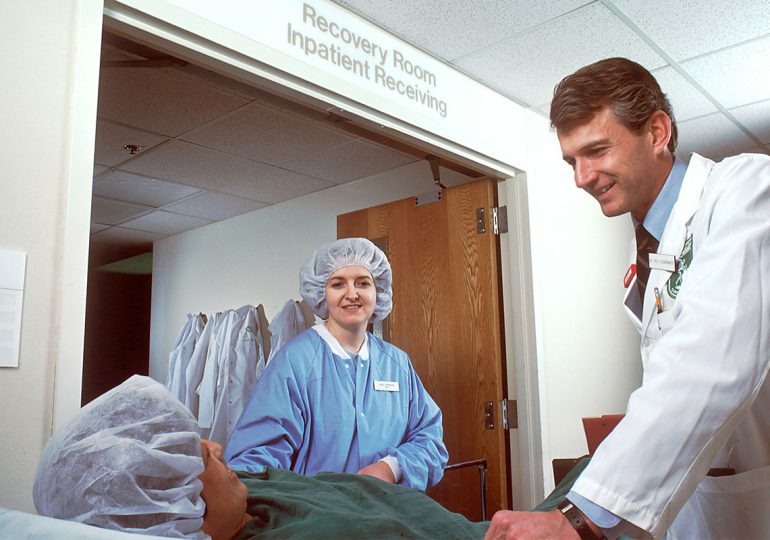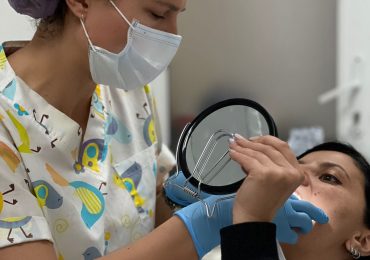WHO forecast: the number of cancer cases in the world will increase by more than 75% by 2050. World Health Organization (WHO) predicts that the number of cancer cases worldwide will increase by more than 75% by 2050, with the largest increases occurring in low-income countries.
The number of new cases of cancer in the world will exceed 35 million by 2050
The WHO projects that the number of cancer cases worldwide will increase significantly, reaching 20 million new cases and 9.7 million deaths within a decade. By 2050, the number of new cancer cases is projected to exceed 35 million, up 77% from 2022, and deaths are projected to nearly double to more than 18 million.
Read also: Neuralink implanted a chip into the human brain for the first time
Leading factors in increasing cancer incidence include tobacco smoking, alcohol consumption, obesity, and population aging and growth. High-income countries are expected to see an additional 4.8 million new cancer cases by 2050, but the largest percentage increase in cases is expected in low-income countries.
International Agency for Research on Cancer (IARC)
The rise will affect different countries unevenly, said Dr Freddie Bray of the International Agency for Research on Cancer (IARC), noting that countries with the fewest resources will bear the brunt.
10 types of cancer account for about two-thirds of global deaths in 2022
The IARC Global Cancer Observatory reports that 10 types of cancer account for about two-thirds of new cases and deaths worldwide in 2022. Among them, lung cancer is the most frequently diagnosed, and breast cancer – second in frequency.
Read also: Tests in Batumi
Particular attention is paid to disparities in cancer diagnosis and treatment, particularly in breast cancer. Women in low-income countries are diagnosed 50% less often than in rich countries, increasing the risk of death due to late diagnosis and inadequate access to treatment.
The need to reduce differences in access to cancer treatment around the world
Dr. Carey Adams notes the need to reduce disparities in access to cancer treatment across countries, emphasizing the importance of government support and political will on this issue. Professor Solange Peters highlights the need to close the gap in care for patients with cancer and make strategic investments to prevent millions of cancer deaths worldwide.
Read also: Best plastic surgery in Batumi
Overall, the WHO outlook highlights the need for international cooperation and urgent action to address the growing global cancer threat.







